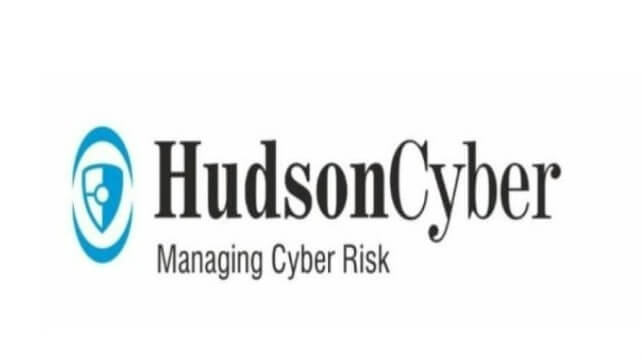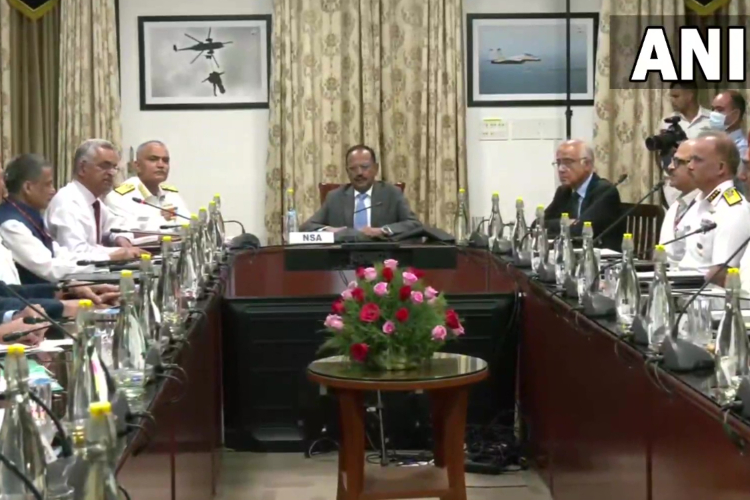Despite rumors to the contrary, the United States is not interested in disengaging from the Middle East. The Indo-Pacific is the new focal point of U.S. foreign policy, but the Middle East remains essential for U.S. interests. However, current patterns of interaction between the United States and its Middle Eastern partners are tied to routines that were hardened during the Global War on Terror. While these routines have proven difficult to escape and a source of political divergence at times, the reality today is that U.S. priorities are more disparate globally—and U.S. presence in the region should not remain locked within previous formulas.
The perception of a U.S. withdrawal from the Middle East is partially due to the absence of refined U.S. priorities in the region. Among the myriad of elements defining U.S. engagement in the Middle East, U.S. naval presence in the Gulf remains essential not only for U.S. interests but also the interests of its regional partners. However, the Red and Arabian Seas are becoming more challenging security environments, and the larger Indian Ocean region provides the logic for why these waters should become the focus of U.S. maritime operations and security cooperation in the broader Middle East and North Africa (MENA) region.
From the Hormuz to the Bab-al-Mandeb
Middle Eastern waters feature two of the world’s critical maritime chokepoints: the Strait of Hormuz and the Bab-al-Mandeb. One-third of the world’s oil and other resources are transported through the Strait of Hormuz and continue on through the Bab-al-Mandeb if bound for Europe or beyond. Security of both chokepoints is critical for global commerce, of which the U.S. is a key provider. Yet, among U.S. policymakers, the Strait of Hormuz has taken priority. As a result, much of U.S. naval presence and forward basing is focused there.
U.S. presence in the Gulf developed primarily for economic reasons. A reliance on the Middle East’s natural resources for domestic consumption encouraged the United States to ensure regional stability to the greatest extent possible. This led to closer relationships with Qatar, Saudi Arabia, the UAE, and other Gulf States, in addition to strong ties with other regional powers, such as Egypt and Israel. The asymmetric elements of Iran’s foreign policy, intent on spreading its influence and destabilizing the larger region, reinforced the need for U.S. presence in the Gulf.
Today, different variables are present. U.S. reliance on the region’s natural resources is diminished, regional partners have enjoyed decades of security assistance and technical training assistance in shaping their militaries, and, most importantly, the security challenges in the Red and Arabian Seas are expanding. The increased number and sophistication of non-state illicit actors in the waters surrounding the Bab al-Mandeb, and the increased involvement of prominent competitors in the region, means that the United States should no longer prioritize the Gulf above other regional concerns.
To be clear, Gulf security remains a priority of U.S. foreign policy, and the continuation of lines of communication out of the Strait of Hormuz still matter a great deal. However, the concentration of U.S. naval attention should shift further southwest to the Red and Arabian Seas. The Bab-al-Mandeb in particular requires greater attention as the connecting waterway between these two seas.
A Focus on the Bab-al-Mandeb Region
Due to the sheer scale of our oceans and maritime spaces, and the rules, norms, and international laws that govern the activities of both commercial and military vessels, there is no actor with enough influence, power, or vision to provide maritime security alone. Maritime security is a cooperative endeavor, premised on the legacy of responding to another vessel in distress when at sea. The more actors with eyes glancing toward the horizon and sharing what they see with each other, the more likely that threats can be recognized and confronted.
An increasing number of competitors are operating in the Bab-al-Mandeb region. China’s economic interests in Africa, which have exploded in scale and depth over the past fifteen years, precipitated the deployment of People’s Liberation Army Navy (PLAN) vessels to the Arabian Sea. For 14 years, PLAN vessels have protected Chinese-flagged vessels sailing through the Indian Ocean, gaining operational familiarity with the region’s waters and bypassing existing international cooperative efforts. The completion of China’s first overseas base, a dual-use facility located in Djibouti, signals China’s interests in these waters.
In addition to China, Russia, despite its warmongering in Ukraine, is intent on maintaining, if not increasing, its naval presence in the Red Sea. Moscow does not have the naval depth to match U.S. or even Chinese presence, but it still desires the capacity to reach these waters if for no other reason than to serve as a spoiler for efforts deemed divergent from Moscow’s interests. Smaller regional powers are also keenly invested in deepening their familiarity with, and deploying their own forces to, the Red and Arabian Seas. These regional players include obvious actors, such as Saudi Arabia and Egypt, but also the UAE, Iran, and Turkey.
Piracy ushered in a period where regional waters facilitated the expansion of transnational crime. The Bab-al-Mandeb is now increasingly congested, and bad actors sail amidst the crowd routinely. The Red and Arabian Seas feature some of the most complex smuggling and illicit operations in the world. Instability on both shores of the Red Sea has enabled these operators. From illicitly-traded legal commodities to narcotics, arms, and human beings, these waters shroud substantial criminality. When illegal fishing and violent extremist organizations are added to this criminal patchwork, the scale of the problem becomes enormous.
The above points highlight why U.S. Naval Forces Central Command (NAVCENT) should direct greater attention towards the Red and Arabian Seas, as should regionally-stationed U.S. Coast Guard assets. The trends point to these waters becoming far more critical in the years to come. U.S. Fifth Fleet has immense local knowledge, learned in partnership with regional navies and coast guards, which it can bring to the forefront. The U.S. Navy’s technical expertise and hands-on experience building naval partnerships can assist littoral states in building the connective tissue necessary to respond to everything from hostile state actors to criminal cartels.
A focus away from the Gulf itself would inflict political hurdles, but diplomatic outreach would assist in leaping them. NAVCENT would have to further coordinate with United States Naval Forces Europe-Africa, but that would prove advantageous in the long run despite any initial bureaucratic friction. The U.S. Navy would also have to redefine operational routines away from a traditional/non-traditional binary, as the set of challenges in these waters do not conform to such thinking. In doing so, the United States would start a new chapter of engagement and security cooperation in the region.
Conclusion
The perception that the United States is moving away from the Middle East is false, but part of the reason for this perception is that U.S. engagement in the region has not yet visibly evolved beyond the Global War on Terror and its emphasis on Gulf security. The United States should refine its priorities in the broader MENA region, diversifying its maritime operations and security cooperation beyond the Gulf to the Red and Arabian Seas. While NAVCENT is already enhancing its presence in these waters, more remains to be done. The waters near the Bab-al-Mandeb in particular feature some of the most complex maritime challenges, and the U.S. Navy must face them head on.
Jeffrey Payne is an Assistant Professor at the Near East South Asia (NESA) Center for Strategic Studies in Washington, DC. The views expressed in this article are his alone and do not represent the official policy or position of the NESA Center, the U.S. Department of Defense, or the U.S. Government.
Source: https://cimsec.org/beyond-the-gulf-u-s-maritime-security-operations-in-the-mena-region/












